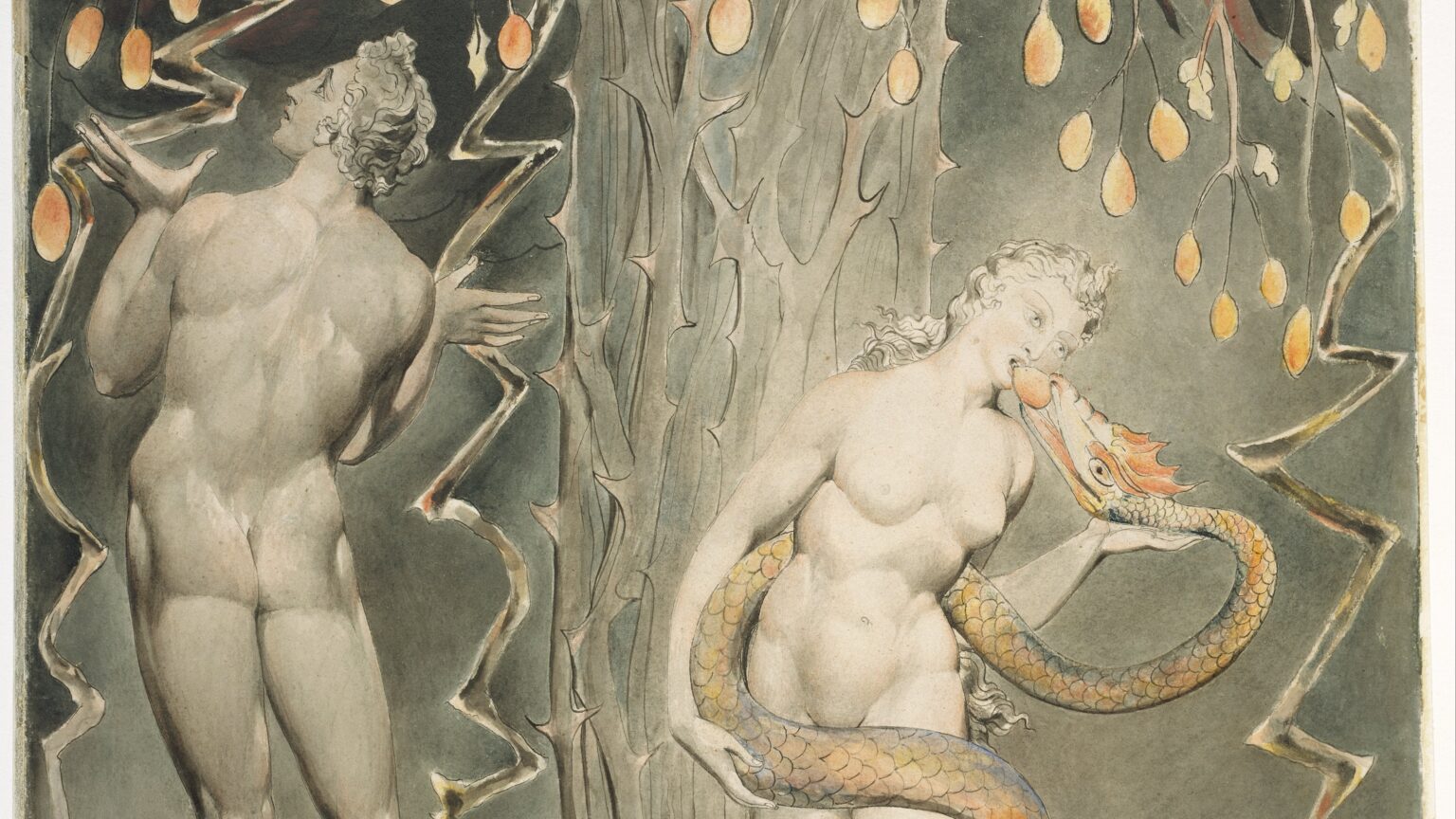
‘Lucifer certainly did not want to be God, for he was intelligent enough to know that he was not of the same substance of our Creator, but he wanted to be or rule like God. Envious of God, he thus submitted to his pride and rebelled against the Almighty—a temptation that at times can be appealing during our worst moments.’
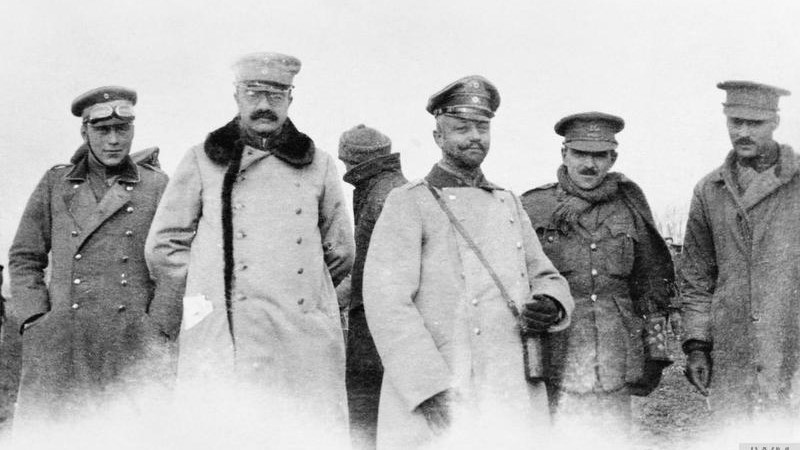
‘In 1914, a simple chanting of a Christmas carol brought bitter enemies together, as if they had always been united. In a sense, they were united through Christ, Who made them see each that they could live in harmony. Could that happen today?’

‘That night in New York, I too felt the thrill of hope. There in the purity of the snow-frosted park, there was not enough evil in the world to extinguish the good in the hearts of men who love, and who hope in defiance of despair. As the Gospel of John says, “The light shines in the darkness, and the darkness did not overcome it.”’

’Hungary is the beating heart of conservatism in Europe. The liberal establishment intuitively knows that to disrupt the education and development of Hungarian children and support for family values will atrophy this most precious vessel of common sense on the continent. All friends of national self-determination have a genuine interest in backing Mr. Orbán in these hard hours for Hungary.’

‘As Christmas approaches, even the most steadfast conservative is faced with a profound seasonal dilemma: should one opt for an artificial tree or remain loyal to the natural variety? The question is more than a practical matter—it is imbued with philosophical, aesthetic, and cultural significance.’
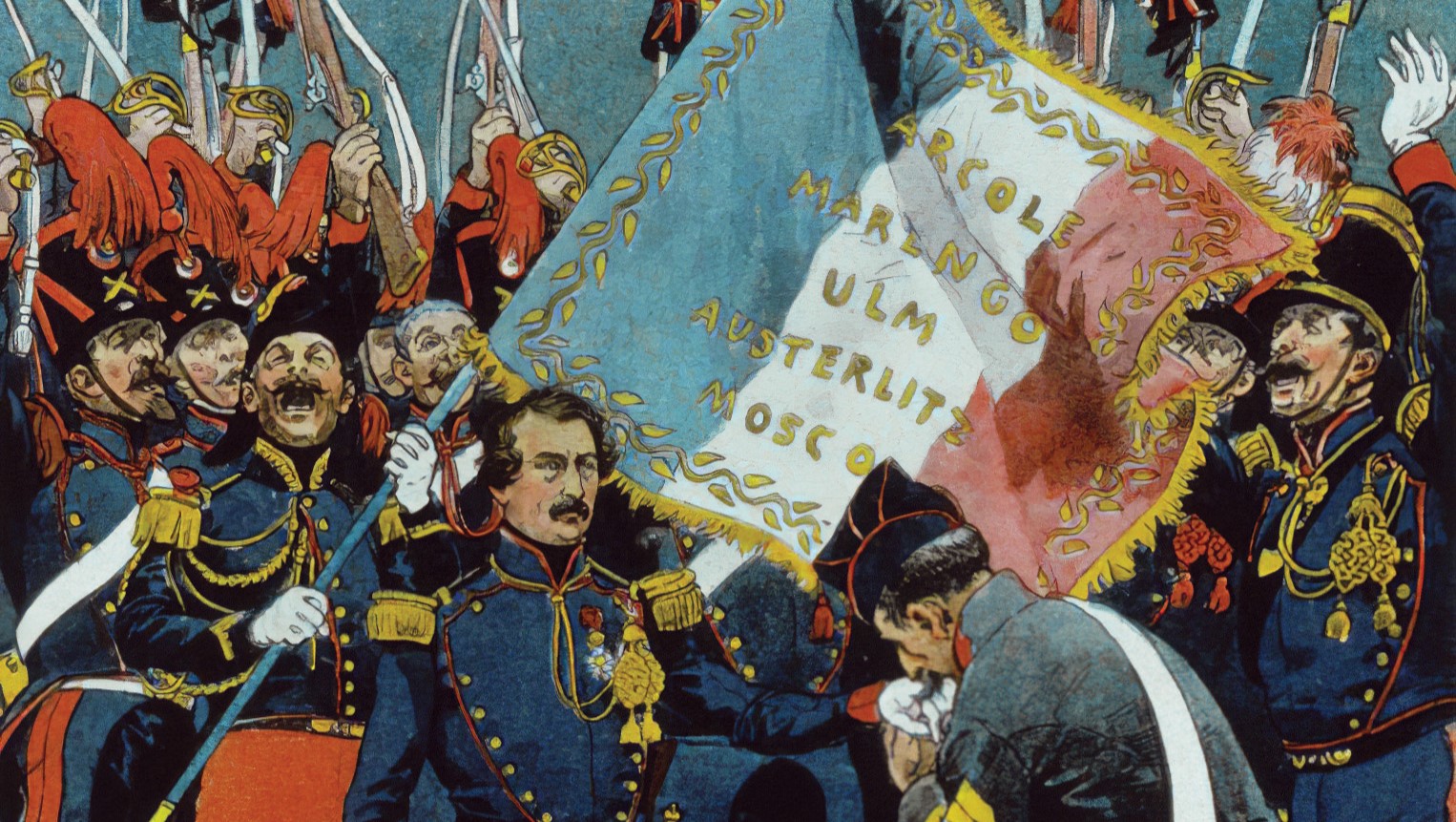
‘Sovereignty—the nation, the cultural identity, and the democratic institutions that give it meaning and weight—is the prior necessary condition for success. I believe there is a trend in this direction and it is why I am cautiously positive about the prospects for the ideas of the right.’

‘With the Second Vatican Council a new kind of theology—the so called nouvelle théologie —stepped inside the Church and started to play a decisive role in it. Its main authors like Marie-Dominique Chenu and Henri De Lubac emphasized that the Aristotelian concept of nature was somehow alien to Christianity and that a more existential, a more historical approach to man (and to Revelation as well) would be more appropriate.’
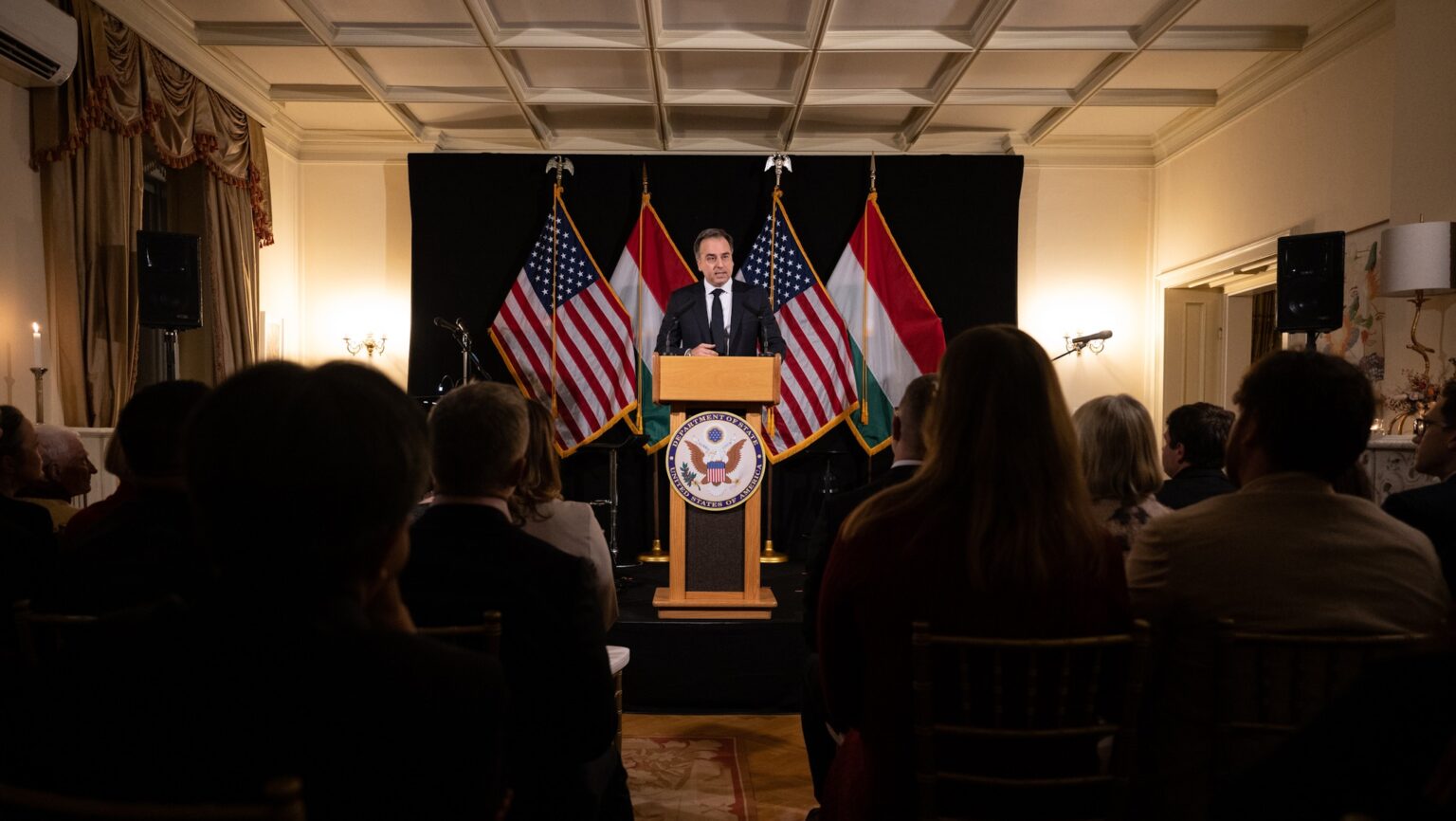
‘No, Mr Pressman, you never truly believed that Hungary matters. What you and President Biden thought was that ousting Viktor Orbán’s government mattered—to impose a progressive globalist agenda on one of the few European countries that prioritizes its own interests and sovereignty. And ultimately, you failed.’

‘This year has been full of lessons for conservatives on both sides of the Atlantic. There is an obvious need and constant request by voters everywhere for common sense conservative policies. The European elections showed this quite clearly by producing for the first time an alternative, centre-right majority in the European Parliament.’

Pollster Ann Selzer, who had been remarkably accurate in the state prior, showed Vice President Kamala Harris leading President Trump by three points in Iowa in the 2024 presidential election. President Trump ended up winning by 13.2 points, meaning a 16-point miss for Selzer. Her subsequent retirement left many to speculate about a case of bribery, and Trump has now launched a civil suit against her, alleging fraud.

‘The Romanian Revolution teaches several lessons. First, an age-old truth: Freedom isn’t free. There is a lot of talk about how it was the cooperation of superpowers that made Central European democratization possible. But Romania is the main example that it would not have been enough that Gorbachev caved in to Reagan and Bush Sr. If the Romanian people had remained silent, there would have been no pressure of a critical magnitude to remove the dictator.’

‘A simple example of restraining evil, which works quite well, are the referees who manage athletic contests. They simply enforce the rules so that order is maintained. They do not help either team win, they do not help the injured, they are not partial, and they do not furnish refreshments. Even so, they are critical to the players, the fans, the coaches, the media, and everyone involved.’

‘Life is not easy for many Hungarians, but Hungary has one big thing going for it: a strong sense of itself as a nation and a people. If it is true that hope comes from cultural memory married to the desire to return to what is good, true, and beautiful about the past, then Hungarians have every right, and indeed the responsibility, to be hopeful, even as the chill darkness of forgetfulness and cultural dispossession settles over Western Europe.’
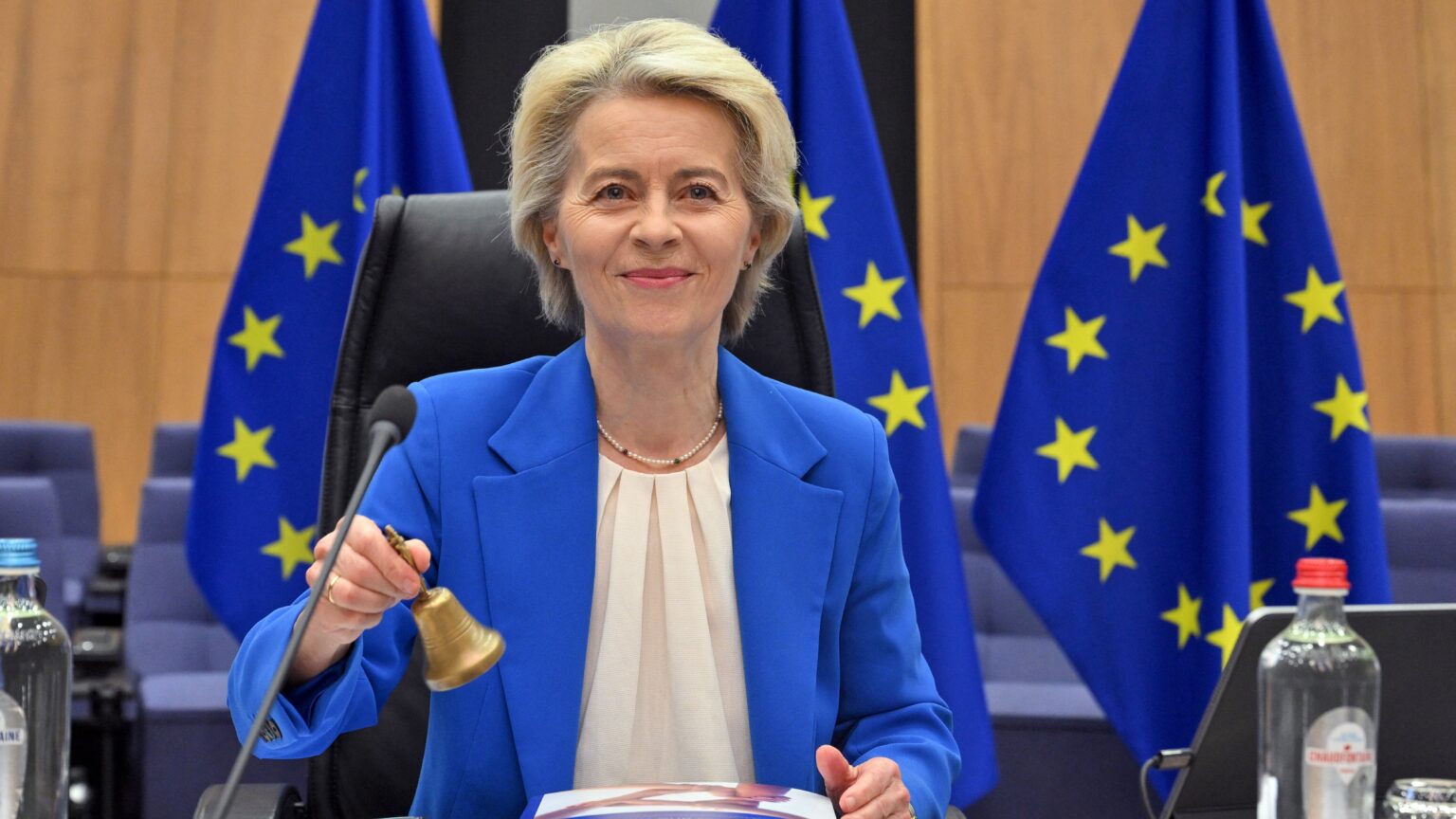
‘The leaders and politicians of our continent need to acknowledge a reality that the average European citizen has already discovered, namely, that Europe is on a dangerous path that will lead to total geopolitical irrelevancy and economic misery.’

‘Reducing the current very high levels of migration from comparatively poor to comparatively rich countries means overcoming the vested interests of those who benefit from it: namely schools and colleges selling an immigration outcome in the guise of “export education”; employers who want cheap and abundant surplus labour; and ethnic activists looking for numbers to boost their political clout.’
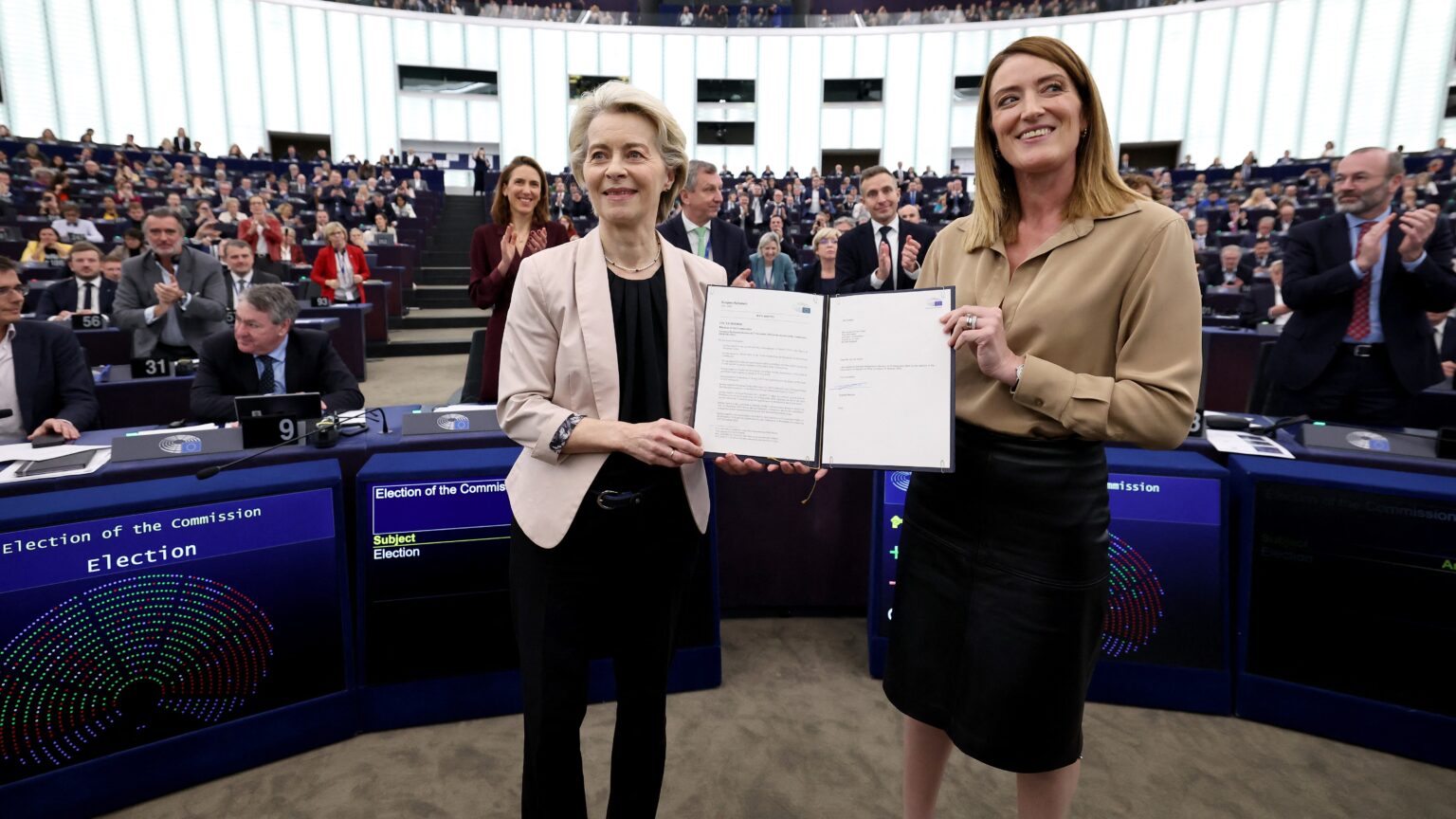
‘The total EU debt-to-GDP ratio is nearing a staggering 90 per cent. EU citizens are being forced into collective debt against their will, with Hungarians then even denied access to funds. That is a ludicrous scenario. It’s like a bank forcing a person to take out a mortgage loan, then refusing to actually disburse the loan, but sending debt collectors to recover the repayments. This is where we stand in Europe today.’
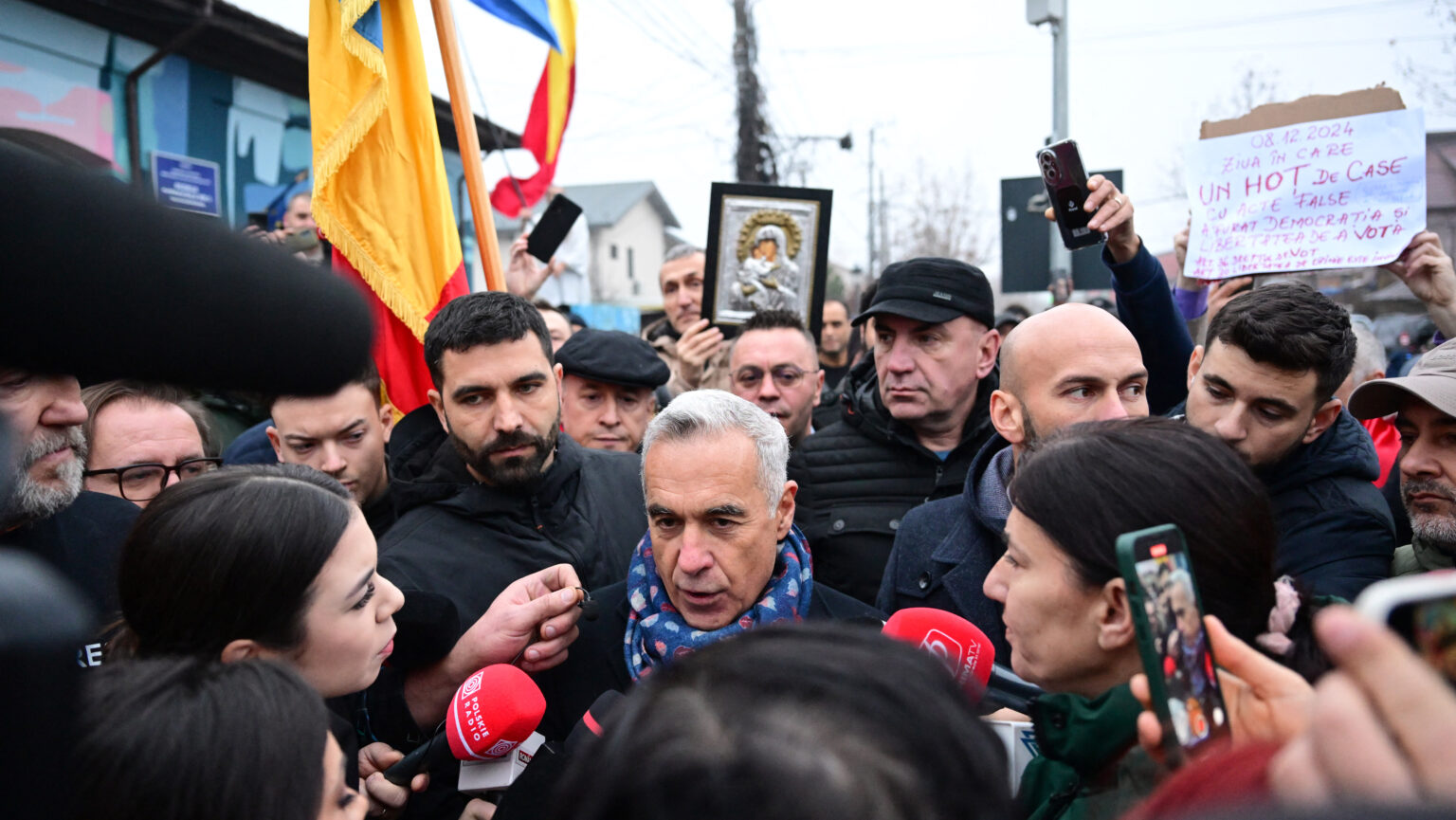
‘When a candidate disfavoured by the progressive mainstream achieves electoral success within the Western sphere of influence—be it in the EU or the South Caucasus—the media empire and NGO networks closely tied to this elite immediately cry electoral fraud. However, it is unprecedented for a democratic election to be annulled on such grounds. This makes the developments in Romania particularly significant, as they could establish a troubling precedent.’
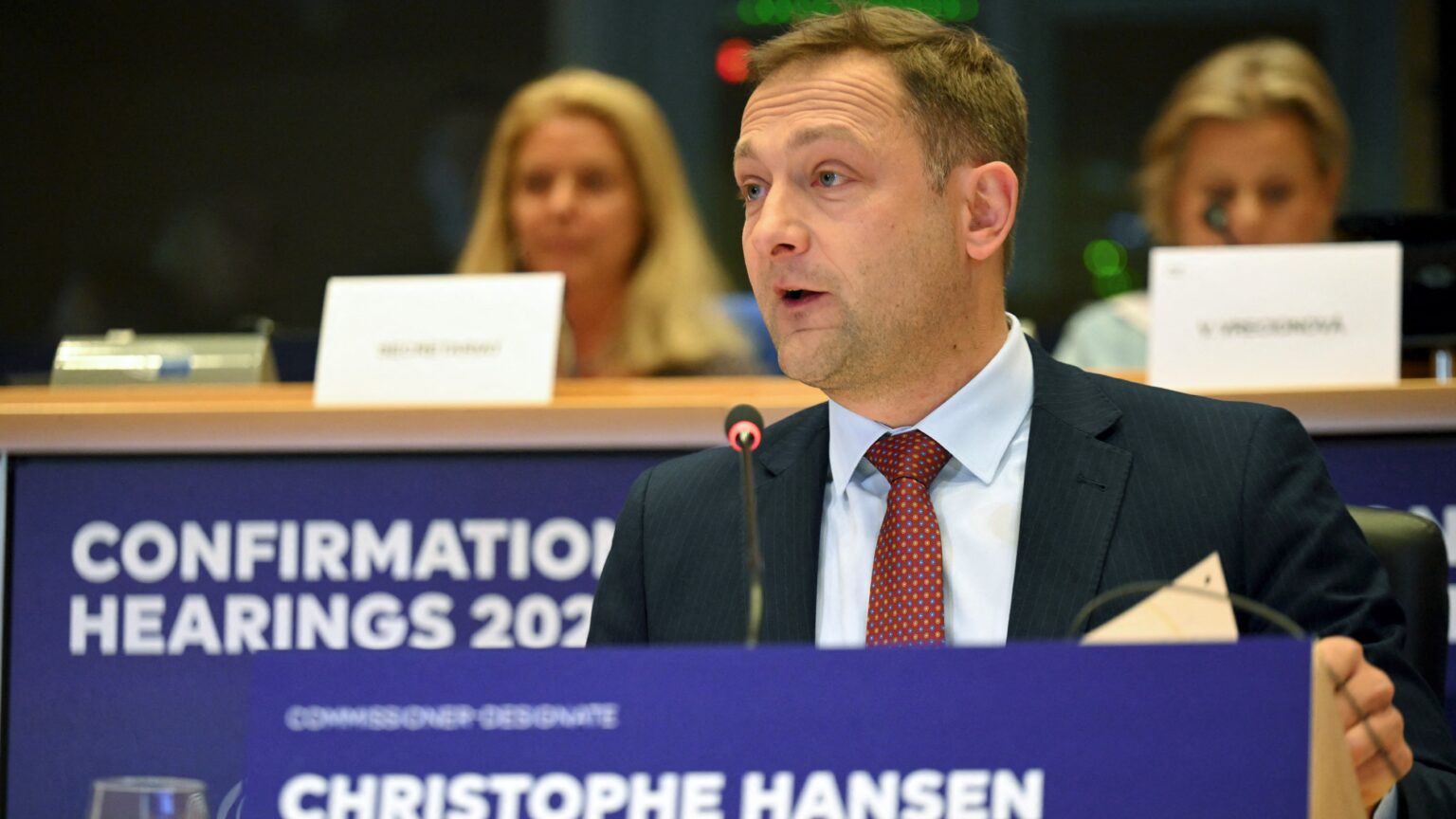
‘Despite his mild demeanour and centrist credentials, what Christophe Hansen offers is a distinctly more pro-farmer outlook than that of the previous quinquennium. The Luxembourgish was adamant in his defence of the CAP during his hearing.’

‘It is evident that the international network—of which Direkt36 and De Tijd are integral part of—consistently criticizing the Hungarian government, is essentially accusing the Intelligence Office (IO) of doing its job, however absurd it seems. The true aim of the Brussels-led agencies has long been not to uncover the truth, but to weaken the Hungarian government and ultimately bring it down.’

‘Republicans should be especially concerned about their ability in the post-Trump era to retain gains in the Rust Belt, where the president-elect is uniquely popular among white working-class voters. Trump has twice carried Michigan and Pennsylvania, which hadn’t voted for a Republican candidate since 1988, and Wisconsin, which a Republican hadn’t won since 1984.’
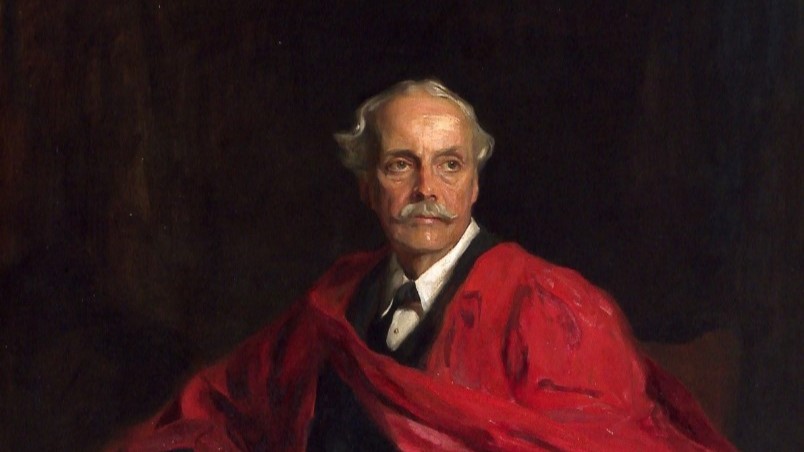
Nine months after a savage act of vandalism at Trinity College Cambridge, anger is growing at its lacklustre response.

‘The inconclusive referendum held a few years after the millennium is still a blot on Hungarian social life. Thanks to a section of the Hungarian political elite of the time and a large number of misguided voters, that day became a day of national betrayal.’

History professor Allan Lichtman’s Keys to the White House model predicted Kamala Harris would win the 2024 election, which, evidently, was won by Donald Trump instead. Professor Lichtman can’t seem to accept that his model failed, so he argued that it missed because it relies on ‘a rational, pragmatic electorate’—is that really why ‘the great predictor’ missed?

‘In the East, the communist worldview largely rejected the nuclear family unit, seeing it rather as an economic unit that ideologically furthered capitalist interests. In the West, a notion emerged in the latter twentieth century that largely views prioritizing family as limiting individual autonomy and self-fulfillment. We are the inheritors of societies that have been profoundly shaped by one or both worldviews.’
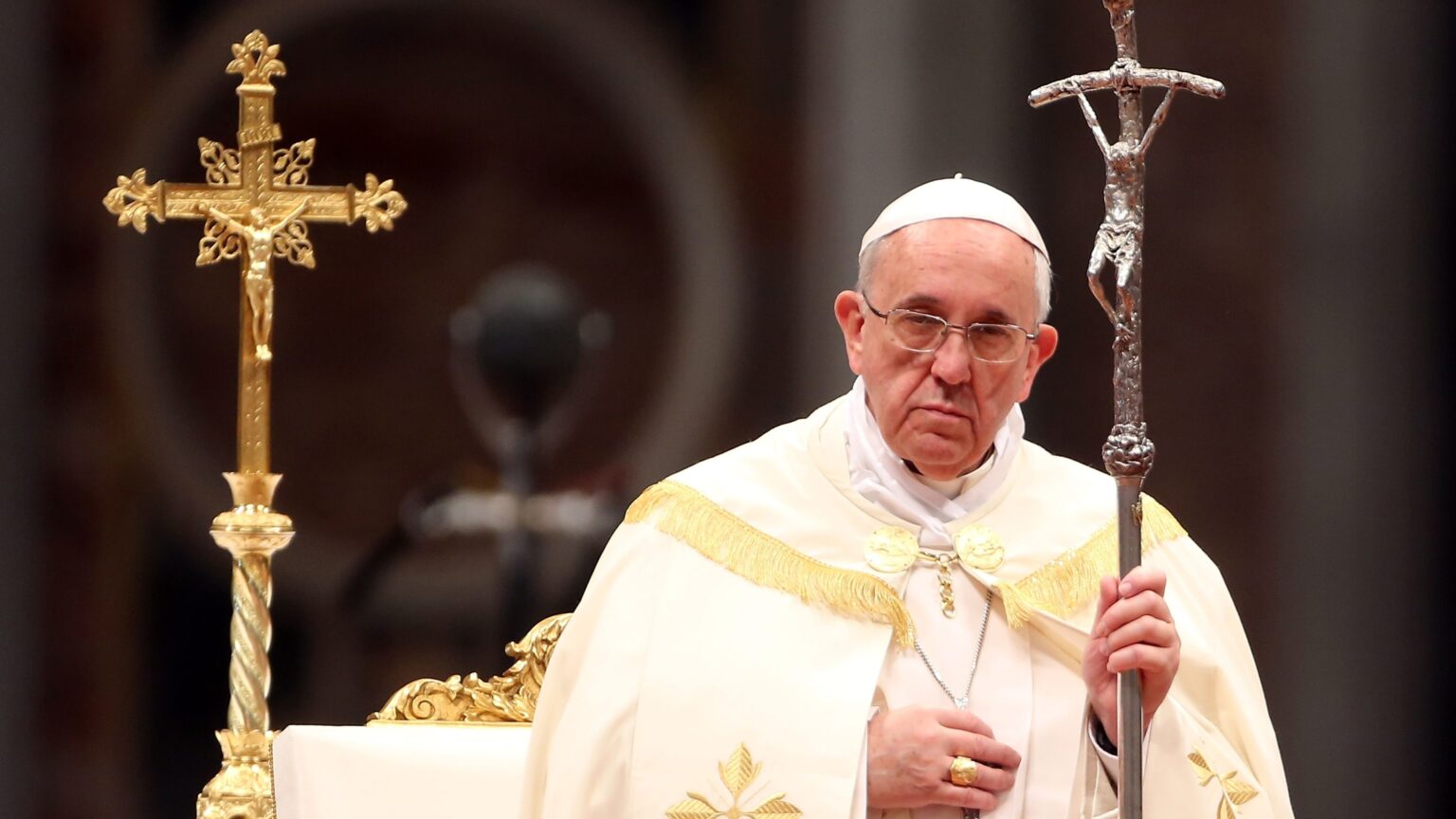
‘Last year, Pope Francis met separately with relatives of Israeli hostages in Gaza and Palestinians living through the war. His use of terminology such as “terrorism”, and, according to the Palestinians, “genocide”, set off a firestorm. In any case, the Pontiff now says in his book: “According to some experts, what is happening in Gaza has the characteristics of a genocide. It should be carefully investigated to determine whether it fits into the technical definition formulated by jurists and international bodies.”’
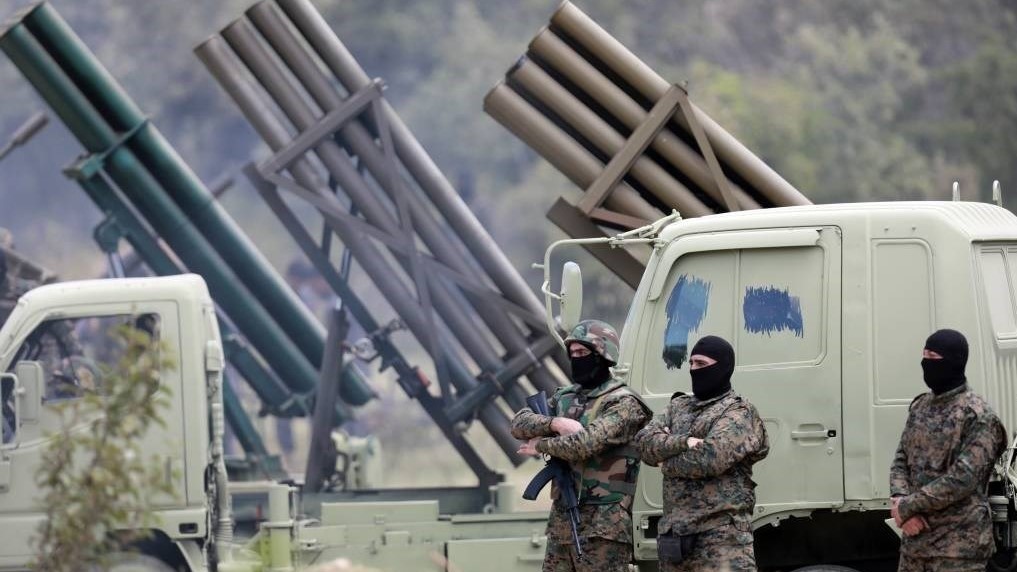
‘The ceasefire is a development that aligns with the Trump administration’s anticipated foreign policy approach, which is expected to support Israel’s military objectives while facilitating diplomatic resolutions to regional conflicts. The ceasefire may also pave the way for expanding the Abraham Accords, with potential new agreements involving countries like Saudi Arabia.’
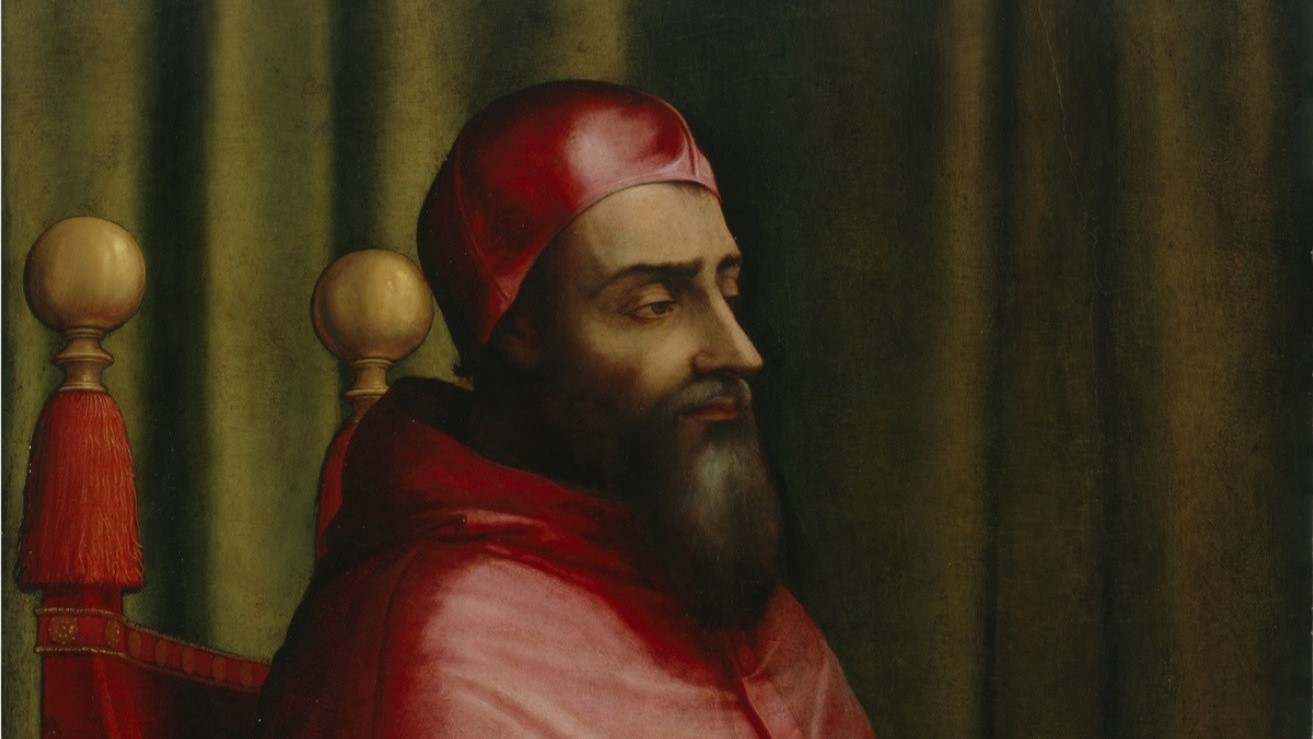
‘For Hungary, Clement’s tenure offered little tangible support during one of its darkest eras, while his broader legacy includes the catastrophic Sack of Rome, the expansion of Protestantism, and the Anglican schism. Today, he is remembered not as a leader who rose to the challenges of his time, but as a figure whose reign epitomized the turbulence and contradictions of the Renaissance papacy.’
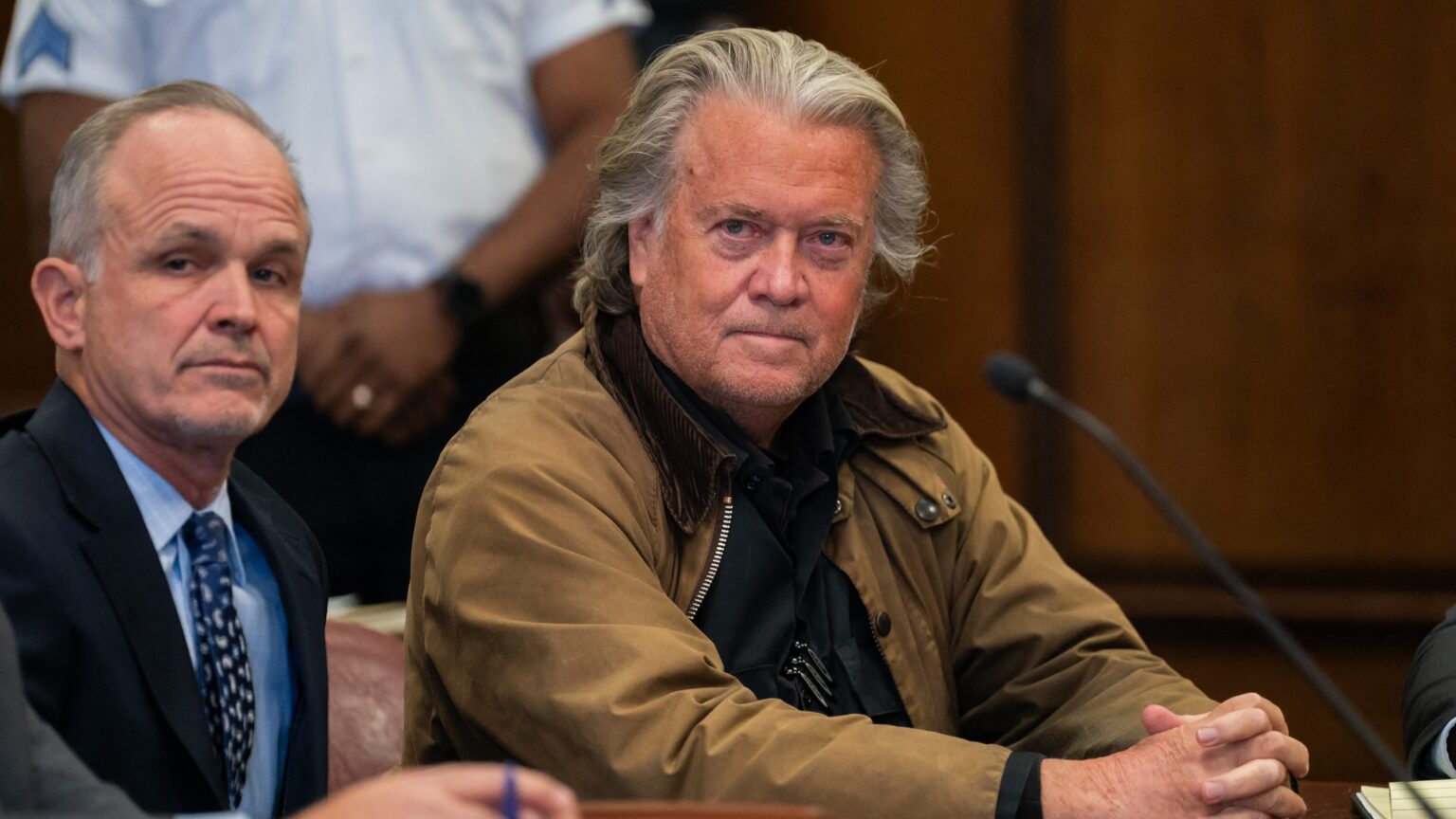
‘Was Bannon alluding to decimation, whereby as punishment for cowardice or insubordination in the army, one soldier out of ten was picked to be executed, sometimes by their own brothers-in-arms? Would Steve march into the MSNBC newsroom with a dozen lictors? Would he have ten journos draw straws and make sure that Chris Haynes be one of them and that he get to draw the short one?’

‘Aside from a rare or every-now-and-then post, hardly anyone in the mainstream media—this goes for our politicians too—speaks to us about the Christian genocide in Nigeria at the hands of Islamic fundamentalists. While Western politicians and certain of our own Catholic hierarchy are reticent, to say the least, to publicly speak about this—such silence is not only scandalous but inadvertently contributes to the persecution—our Catholic brothers and sisters are being slaughtered.’
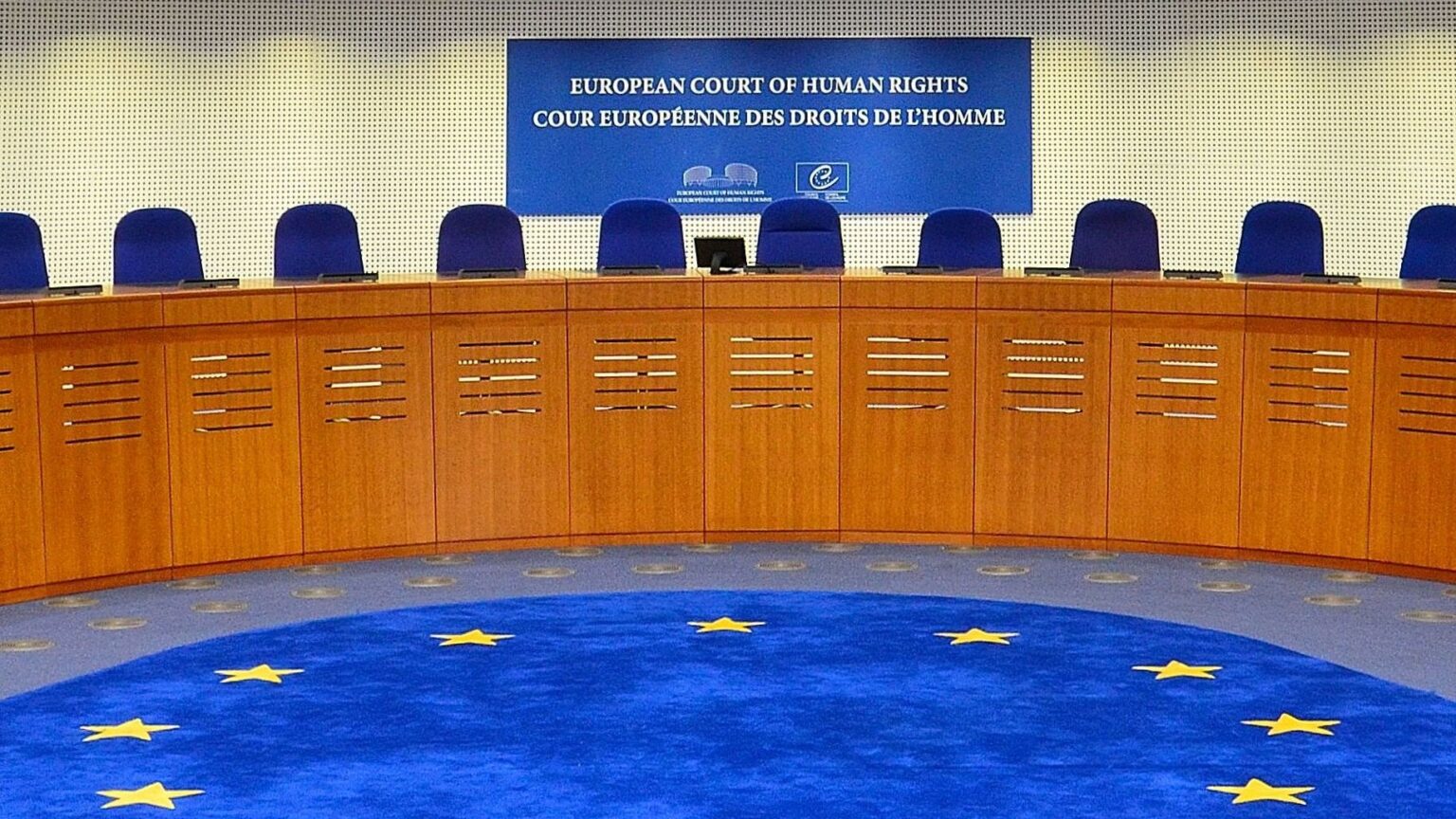
In a ruling delivered on 12 November 2024, the ECHR condemned Denmark for deporting an Iraqi drug trafficker. The European judges established new principles in this case that could set a precedent and further limit States’ rights to deport foreign criminals. The ruling also undermines UN conventions on drug control.